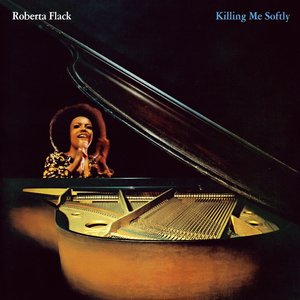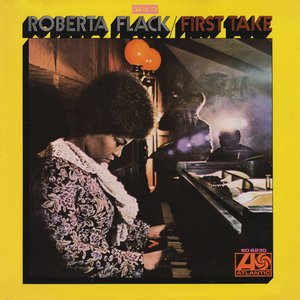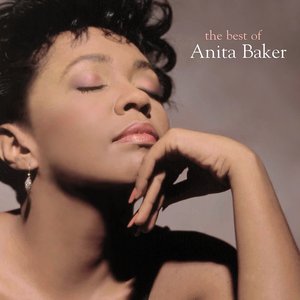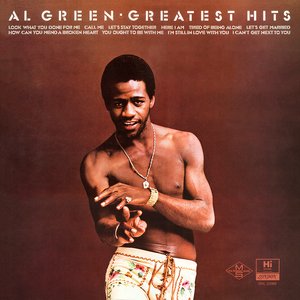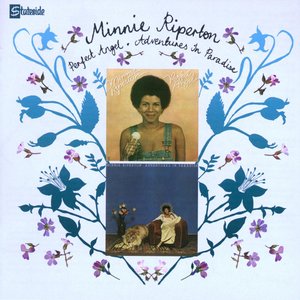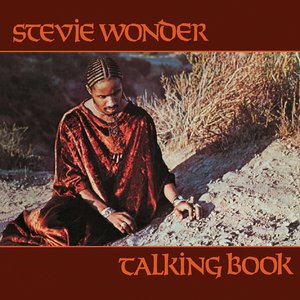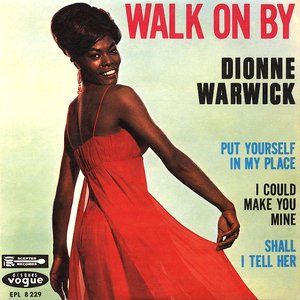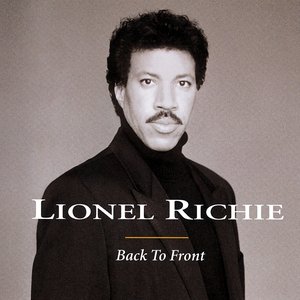Wiki
-
Length
2:55
"Feel Like Makin' Love" represents a pivotal moment in American soul music history. Released in 1974 by the legendary Roberta Flack, this soul-stirring ballad was masterfully composed by Eugene McDaniels, known for his sophisticated approach to R&B composition. The song's innovative arrangement, combining elements of soul, jazz, and pop, helped it achieve unprecedented cross-genre success, reaching #1 on the Billboard Hot 100, Hot Soul Singles, and Adult Contemporary charts in both the U.S. and Canada.
The song's commercial and critical success was remarkable for several reasons:
- It became Flack's third #1 single on the Billboard Hot 100, solidifying her position as one of the era's most influential artists
- Its five-week reign at #1 on the Hot Soul Singles chart demonstrated its strong appeal within the African American community
- The two-week dominance on Adult Contemporary charts in both the U.S. and Canada showcased its cross-generational appeal
- The song's sophisticated arrangement and production techniques influenced future R&B productions
A lesser-known aspect of the recording is Flack's role as co-producer under the pseudonym Rubina Flake. This decision to use a pseudonym was common during the 1970s when female producers often faced industry skepticism. The song's artistic merit was recognized with three prestigious Grammy nominations: Record of the Year, Song of the Year, and Best Female Pop Vocal Performance - a remarkable achievement for a soul-influenced record in an era when genre boundaries were still quite rigid.
The song served as the cornerstone of Roberta Flack's fifth studio Feel Like Makin' Love, released in March 1975. The album's production process offers insight into the challenges faced by female artists taking control of their artistic vision in the mid-1970s. As Flack's first self-produced album, the 14-month production period was marked by both technical challenges and industry resistance. Her candid reflection captures this struggle: "I made a lot of mistakes. It was a very hard time for me. There were days when I just cried and cried. But you press on. You press on." This perseverance not only resulted in a landmark album but also helped pave the way for future female producers in the industry.
The song's musical legacy extends far beyond its initial release. Its sophisticated chord progressions and emotional depth have attracted numerous interpretations across multiple genres. Notable covers include:
- D'Angelo's neo-soul reimagining
- Roy Ayers' jazz-funk interpretation
- George Benson's smooth jazz rendition
Each version highlights different aspects of the original's musical complexity while maintaining its core emotional resonance. The song's adaptability across genres demonstrates its exceptional compositional strength and universal appeal.
Track descriptions on Last.fm are editable by everyone. Feel free to contribute!
All user-contributed text on this page is available under the Creative Commons Attribution-ShareAlike License; additional terms may apply.
